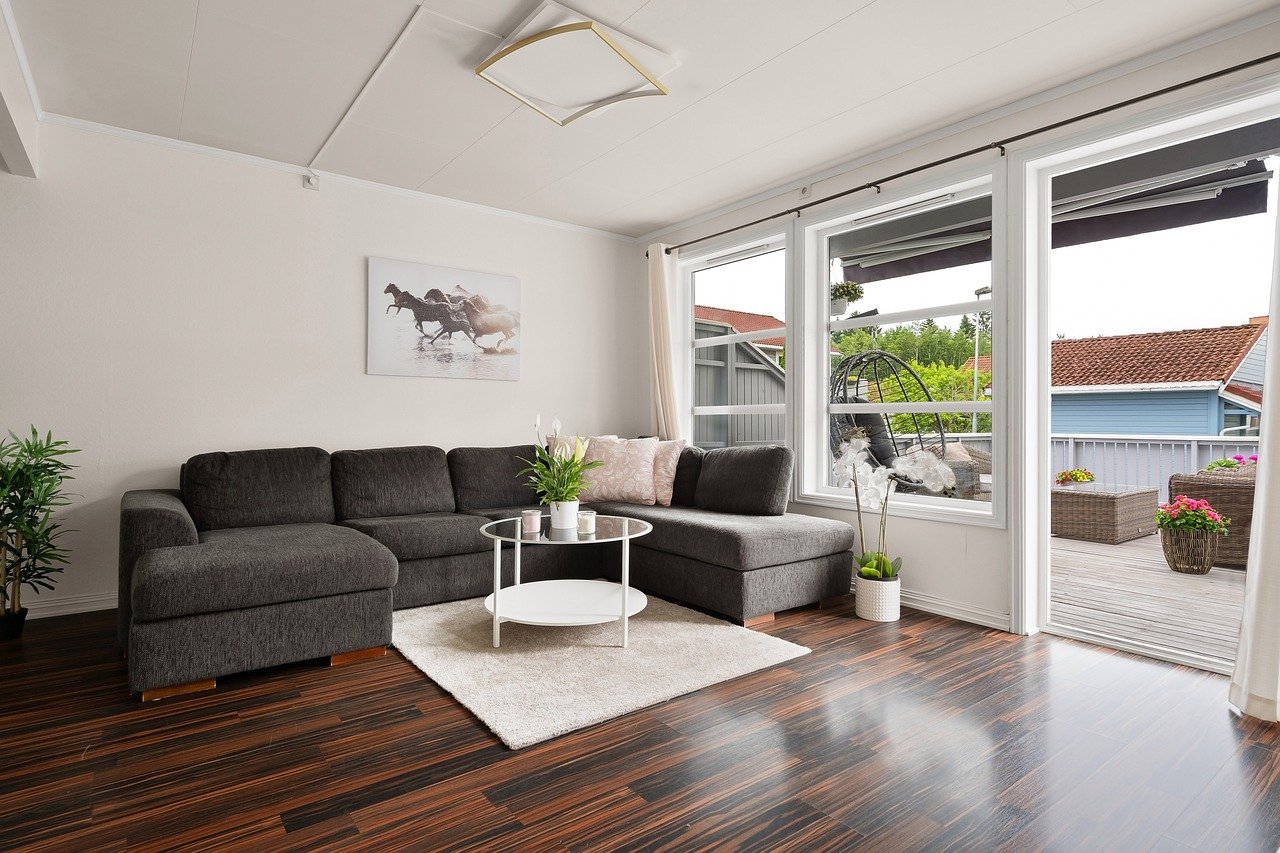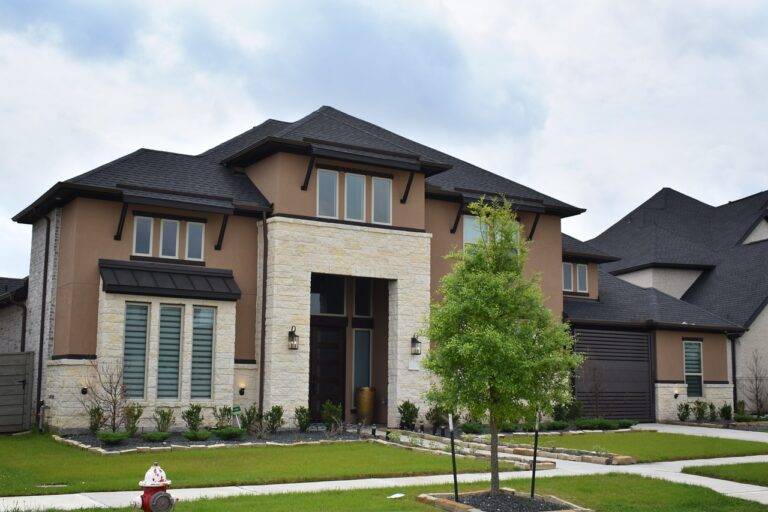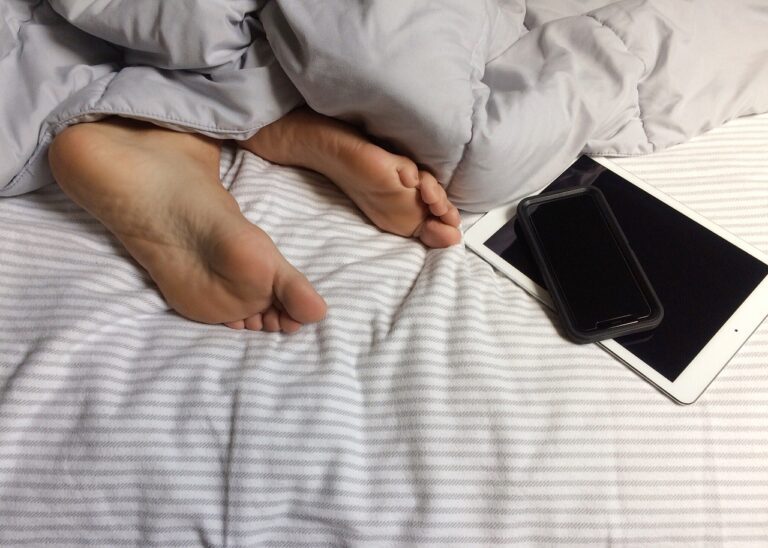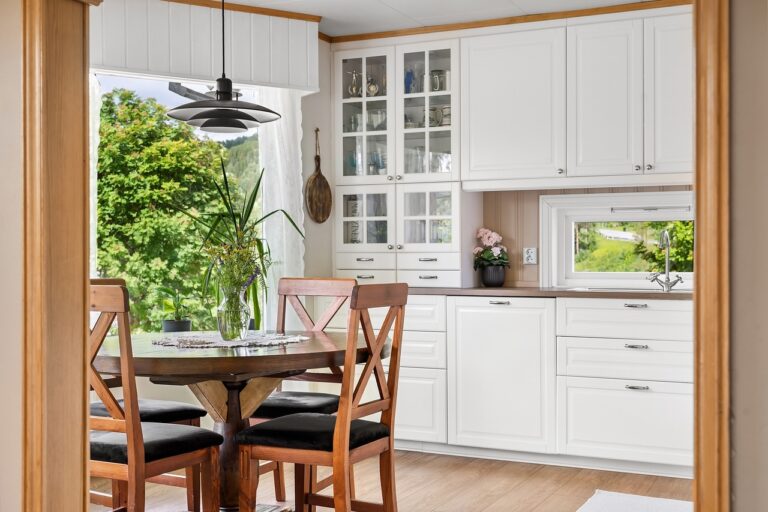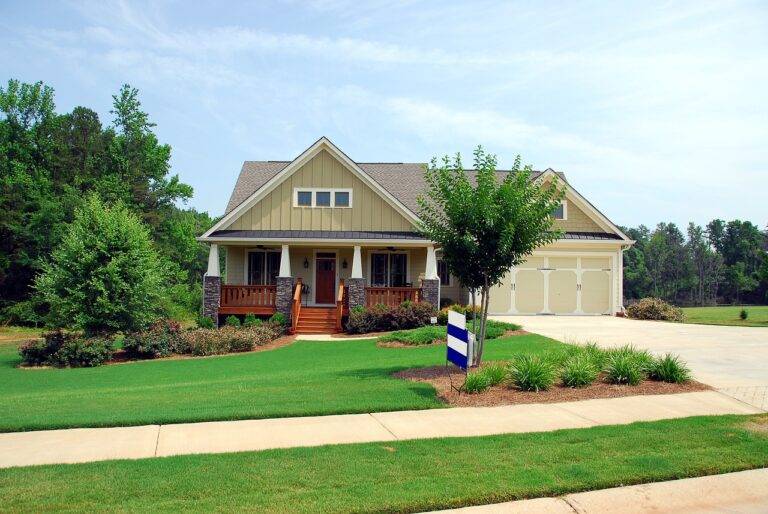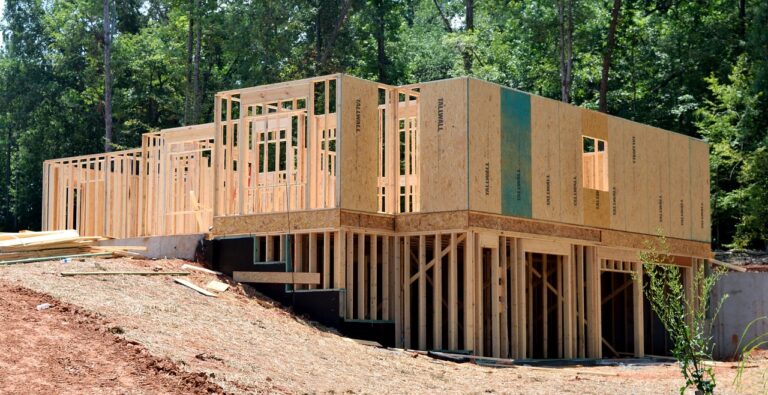DIY Driveway Drainage Solutions for Homeowners: All panel login mahadev book, Lotus bhai.com, Laser book 247 com registration
all panel login mahadev book, lotus bhai.com, laser book 247 com registration: The winter season can bring heavy rainfall and melting snow, causing potential flooding and water damage to your driveway. Proper drainage is essential to protect your property and prevent water buildup. While professional drainage solutions can be expensive, there are several cost-effective and easy do-it-yourself (DIY) options that homeowners can implement to improve their driveway drainage. In this article, we will explore some DIY driveway drainage solutions that you can consider for your home.
Identifying the Problem
Before jumping into DIY solutions, it is crucial to identify the root cause of poor driveway drainage. Some common issues may include improper slope, clogged or inadequate drainage systems, or soil erosion. By understanding the underlying problems, you can effectively address them with the right solutions.
1. Check the Slope
A proper slope is necessary for water to flow away from your driveway. If you notice water pooling or standing on your driveway after rainfall, it may indicate a slope problem. Use a level tool to determine the slope of your driveway. Ideally, the slope should be at least 1/8 inch per foot to ensure adequate drainage.
2. Clear Clogged Drains
Clogged drains can cause water to back up and create flooding on your driveway. Regularly clean out any debris, leaves, or dirt that may be blocking your drainage system. You can use a plumber’s snake or a pressure washer to clear out clogs effectively.
3. Install a French Drain
A French drain is a trench filled with gravel or rock that redirects water away from your driveway. You can easily install a French drain by digging a trench along the edge of your driveway and lining it with landscape fabric before adding gravel. This solution helps to channel excess water away, preventing it from pooling on your driveway.
4. Create a Swale
A swale is a shallow channel designed to carry water away from your driveway. Digging a swale on the downhill side of your driveway can help redirect water towards a designated drainage area, such as a storm drain or a rain garden. Be sure to maintain the swale by keeping it clear of debris and obstructions.
5. Add Permeable Pavers
Permeable pavers are a sustainable solution that allows water to infiltrate the ground instead of running off your driveway. By replacing a portion of your driveway with permeable pavers, you can reduce water buildup and improve drainage. These pavers come in various designs and materials to complement your home’s aesthetic.
6. Plant Rain Gardens
Rain gardens are planted areas designed to absorb excess water and filter out pollutants. By creating a rain garden near your driveway, you can enhance drainage while adding beauty to your landscape. Choose native plants that can thrive in moist conditions and help prevent erosion.
7. Redirect Downspouts
Gutters and downspouts play a crucial role in managing water runoff from your roof. Ensure that your downspouts are directing water away from your driveway towards a designated drainage area. You can extend the downspouts with splash blocks or piping to prevent water from pooling on your driveway.
8. Use Permeable Asphalt
Permeable asphalt is a porous material that allows water to pass through and infiltrate the ground. By resurfacing your driveway with permeable asphalt, you can improve drainage and reduce the risk of flooding. This eco-friendly option is durable and requires minimal maintenance.
FAQs
1. How can I prevent ice buildup on my driveway during winter?
To prevent ice buildup on your driveway, consider installing a heated driveway system or using salt or sand for de-icing. Shoveling snow promptly and ensuring proper drainage can also help prevent ice formation.
2. What should I do if I notice cracks in my driveway affecting drainage?
If you notice cracks in your driveway compromising drainage, repair them promptly to prevent water infiltration. Fill in cracks with a suitable filler or sealant to maintain the integrity of your driveway.
3. Can I hire a professional contractor for driveway drainage solutions?
Yes, you can hire a professional contractor to assess and implement driveway drainage solutions. They can provide expert advice and ensure that the drainage system is properly installed and maintained.
In conclusion, implementing DIY driveway drainage solutions can help homeowners mitigate water damage and improve the curb appeal of their property. By addressing drainage issues proactively, you can protect your driveway and prevent costly repairs in the long run. Consider the aforementioned solutions to enhance the drainage of your driveway and create a more resilient outdoor environment for your home.

